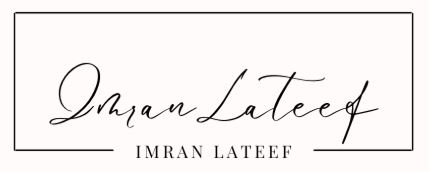Meditation is a practice that involves focusing the mind on a particular object, thought, or activity to achieve a state of mental clarity and relaxation. It is often used as a means of reducing stress and promoting overall well-being.
There are many ways to incorporate meditation into your daily life, but one of the most effective is to set aside a specific time each day for your practice. This can be as short as a few minutes or as long as an hour, depending on your schedule and personal preference. It is important to find a quiet, comfortable space where you can sit or lie down without being disturbed.
There are many different types of meditation, and the best one for you will depend on your personal goals and preferences. Some common types include mindfulness meditation, which involves focusing on the present moment; breathing meditation, which involves focusing on the breath; and loving-kindness meditation, which involves sending feelings of compassion and kindness to oneself and others.
One form of meditation that has gained popularity in recent years is guided meditation. This involves listening to a recording or having a trained meditation teacher guide you through the meditation process. Guided meditation can be especially helpful for beginners, as it provides a clear structure and can help you stay focused.
Some of the most commonly reported benefits include reduced stress and anxiety, improved sleep, increased feelings of calm and relaxation, and improved focus and concentration. Meditation has also been shown to have a number of physical health benefits, including lower blood pressure, improved cardiovascular health, and reduced chronic pain.
Some potential disadvantages to meditation to be aware of. For some people, meditation can be difficult to stick with, especially if they find it boring or if they have trouble maintaining focus. It is also possible to experience some discomfort or even negative side effects, such as feelings of anxiety or confusion, when first starting a meditation practice.
Meditation is a powerful tool that can help you manage stress, improve your mental and physical health, and find a sense of inner peace and well-being. Whether you choose to practice on your own or with the guidance of a teacher, the key is to be consistent and find a practice that works for you. With a little time and effort, you can build meditation into your daily routine and experience the many benefits it has to offer.

There are many different types of meditation, and the best one for you will depend on your personal goals and preferences. Here are a few common types:
- Mindfulness meditation: This involves focusing on the present moment and accepting thoughts and feelings as they arise, without judgment.
- Breath awareness meditation: This involves focusing on the breath and letting other thoughts come and go without getting caught up in them.
- Loving-kindness meditation: This involves sending feelings of compassion and kindness to oneself and others.
- Transcendental meditation: This involves the use of a mantra, or word or phrase, as a focus for the mind.
- Chakra meditation: This involves focusing on the body’s chakra points, or energy centers, in order to promote balance and well-being.
- Visualization meditation: This involves creating a mental image or scenario and focusing on it in order to relax and de-stress.
- Body scan meditation: This involves lying down and focusing on each part of the body, starting from the toes and moving up to the head, in order to relax and release tension.
- Guided meditation: This involves listening to a recorded meditation or having a trained meditation teacher guide you through the process.
It’s important to find a meditation practice that resonates with you and to be patient and consistent in your practice. With time and effort, you can discover the benefits of meditation and incorporate it into your daily routine.
Disclaimer:
This article is for informational purposes only and is not intended to be a substitute for professional medical advice, diagnosis, or treatment. Always seek the advice of your healthcare professional before making any changes to your diet or nutritional plans. The information provided in this article should not be used for diagnosing or treating a health condition or disease, and it is not intended to be used as a substitute for professional medical care. If you have or suspect that you have a medical problem, you should contact your healthcare provider immediately.


